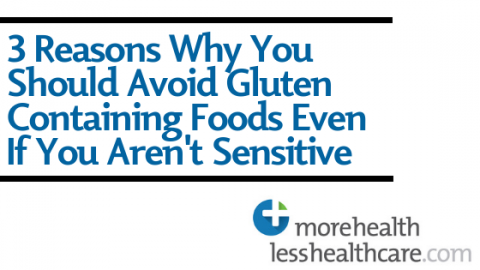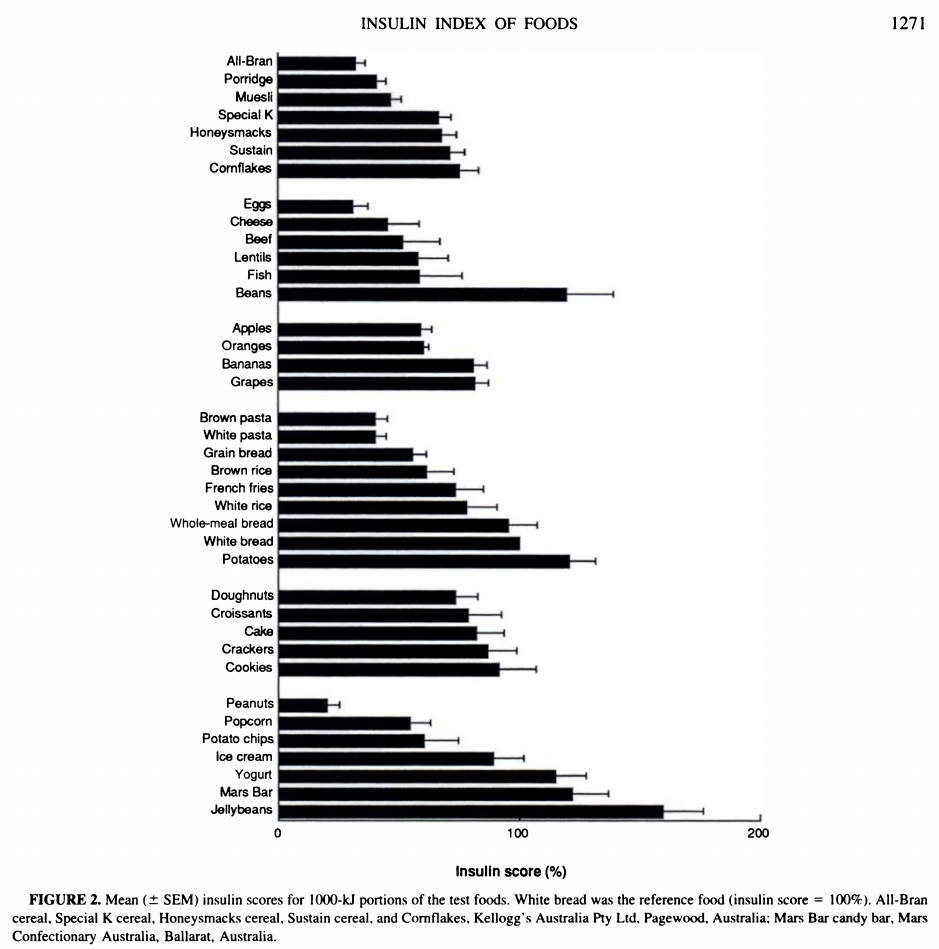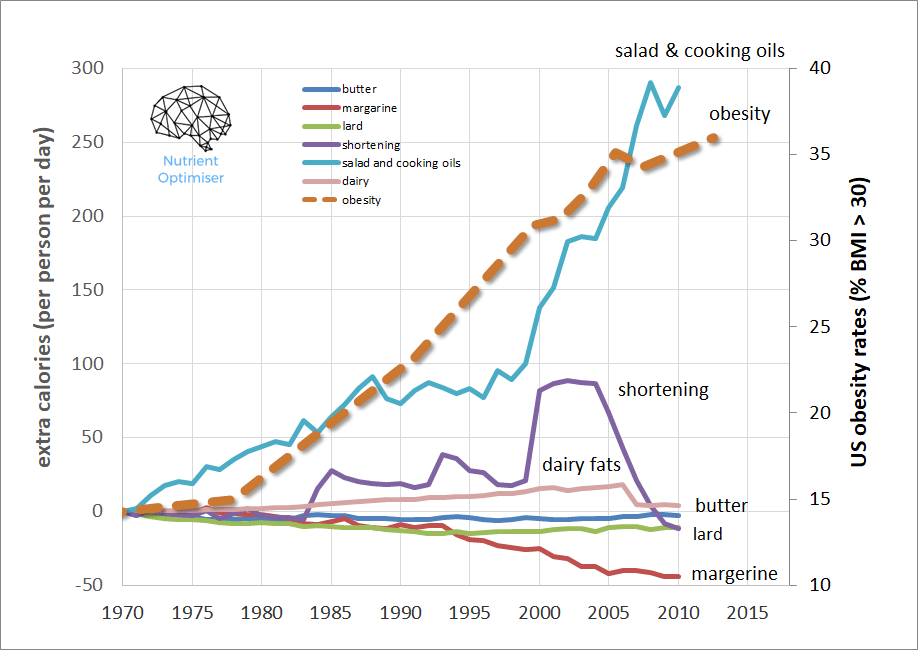
A question I get often is, “why should someone avoid gluten even if they don’t have a sensitivity to it?” How does the person define a sensitivity? It could be from blood work but also experience from elimination.
A key point to remember is that a gluten sensitivity can affect many tissues that aren’t your belly. I see more people with effects in their joints, focus, and headaches, then I do their belly.
Zonulin
Zonulin is a chemical that aids the in the opening of small intestinal tight junctions. Zonulin sounds like a bad thing but I would challenge you in labeling anything good versus bad within the body. Gap junctions allow various molecules and ions to pass freely between cells. Zonulin helps this happen. When regulated well, the gap junctions will allow for essentials to pass through and clamp down when non-essentials are present.
If zonulin is always stimulated, this leaves those gaps open longer than desired and the passage of the non-essential and potentially harmful to go where they shouldn’t. As a result, this will contribute or outright trigger an immune response. With enough time, this can lead to an autoimmune response. This is why many will experience symptoms in other areas of the body that isn’t their stomach. Brain, thyroid, and joints seem to be affected the most.
Insulin
I think insulin is at the top of the food chain in terms of hormones to regulate (pun sort of intended). Insulin reacts to elevations in blood sugar. What does this have to do with gluten?
Most gluten containing items are also blood sugar and insulin spiking containing items, especially the breakfast cereal aisle. The more we eat foods that spike insulin loads, the less receptive we are to insulin and thus we develop insulin resistance. Just like with gluten sensitivity, it’s not the belly that feels the effects first. The liver and muscles get resistant before we start packing on the pounds around the butt, gut, and thighs.

But it’s not just the potential to raise blood sugar and insulin that most gluten containing foods have, it’s often the rancid vegetable oils that are used in preserving them and giving them a long shelf life.
PUFAs
Poly Unsaturated Fatty Acids. Where are you going to be consuming PUFAs? They are prevalent as cooking oils and salad dressings. But don’t think of them just as you’re cooking dinner tonight. They are often major ingredients in those gluten containing (and gluten-free) cakes, cookies, crackers, cereals, chips, and most everything that will satisfy your carb cravings.
You’ll see them as: Canola oil, Corn Oil, Soybean Oil, Generic Vegetable Oil, Cottonseed Oil, Rapeseed Oil, Safflower Oil, Sunflower Oil, Sesame Oil, Peanut Oil, Margarine, and Flaxseed Oil just to name the most popular. This is by no means an exhaustive list.
As you digest those 3 reasons, you might also notice that avoiding gluten in the context of zonulin, insulin, and PUFA, you are also shifting to a lower carb diet. You could still do that in a manner that is carnivore, keto, and even vegan. With that said, this leads me another question I get from people that are trying to avoid gluten.
“What do I tell people when they ask why I’m not eating gluten?”
It’s just easier to tell them you’re going lower carb. You’re not lying. In effect of avoiding those gluten (and gluten free foods) that contain PUFAs, spike insulin, and stimulate zonulin, they are going to understand why someone is doing ‘low carb’ more than they are going to understand avoiding ‘gluten.’
For those that are really interested and in relationship with you, you might want to go deeper but for those that are making small talk at a party or at work, chances are they don’t really want to know or care to know. If they do, they will keep coming back and asking questions.
And if they criticize your choice, it won’t really matter unless they are the picture of health that you’re seeking. You can save your frustration and anger for something that really matters…not that person.
If you have already done these things and are still experiencing health issues, book a 15 Minute Discovery call to see what next steps could/should be taken.



1 Comment